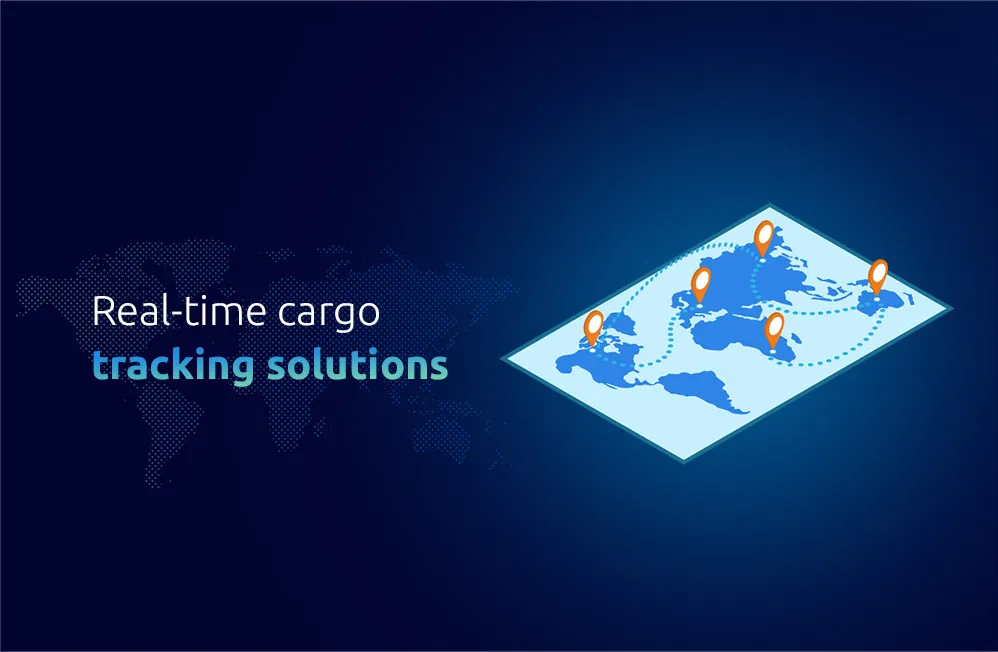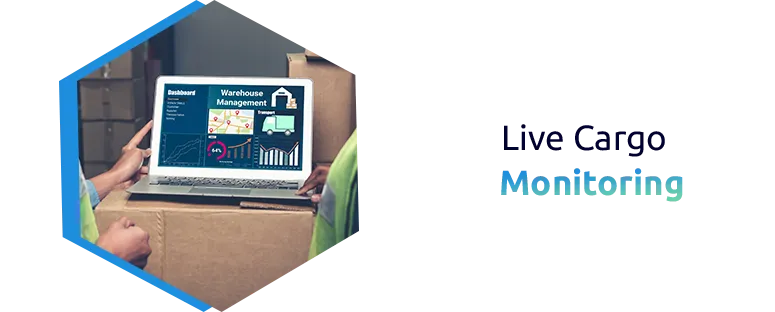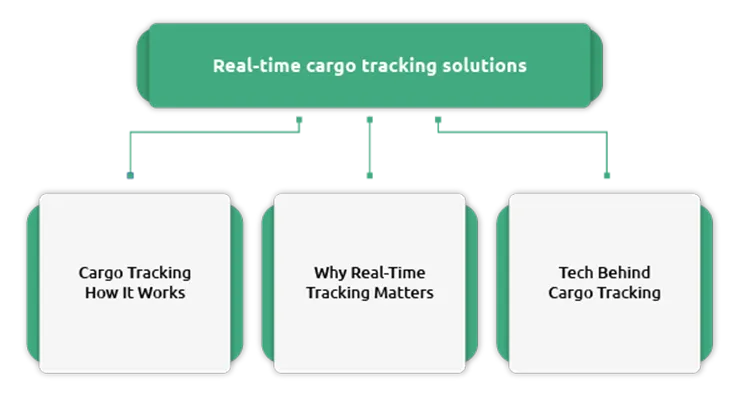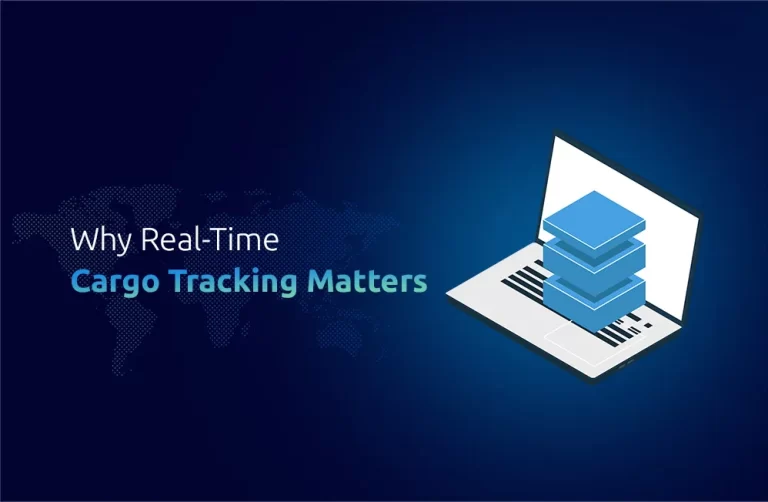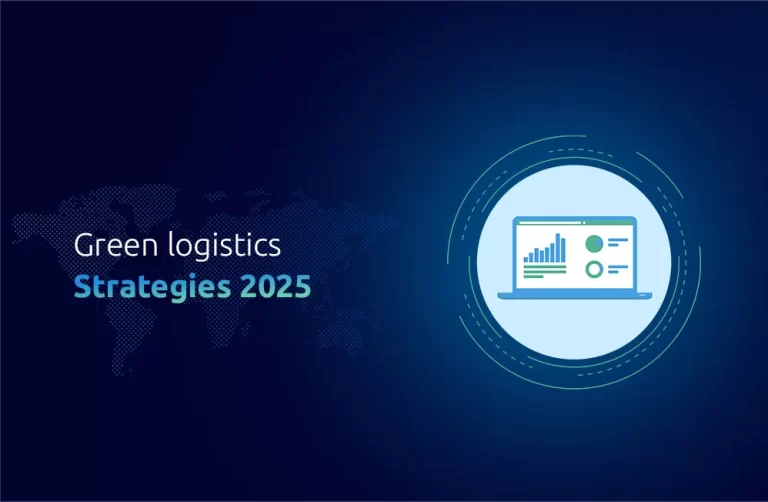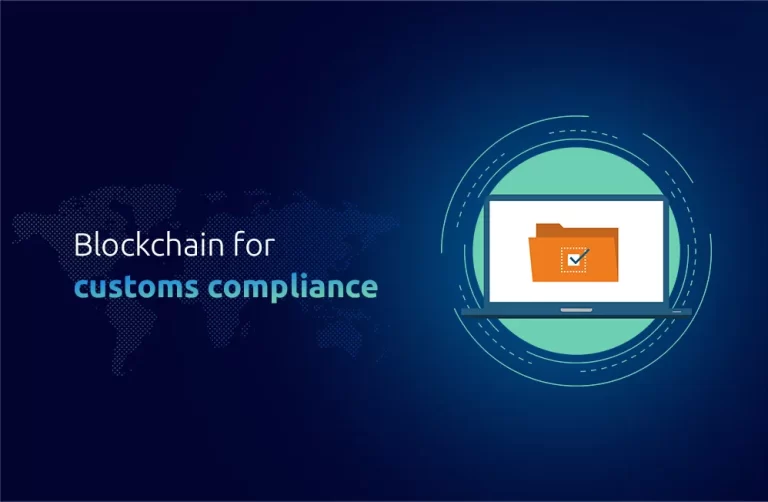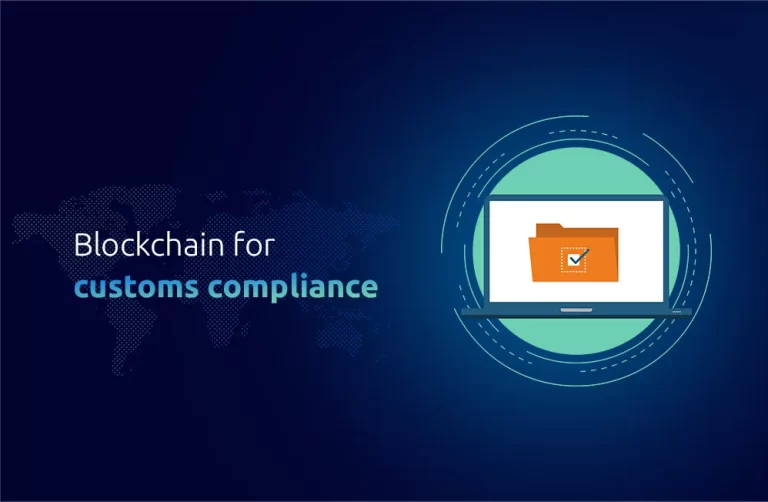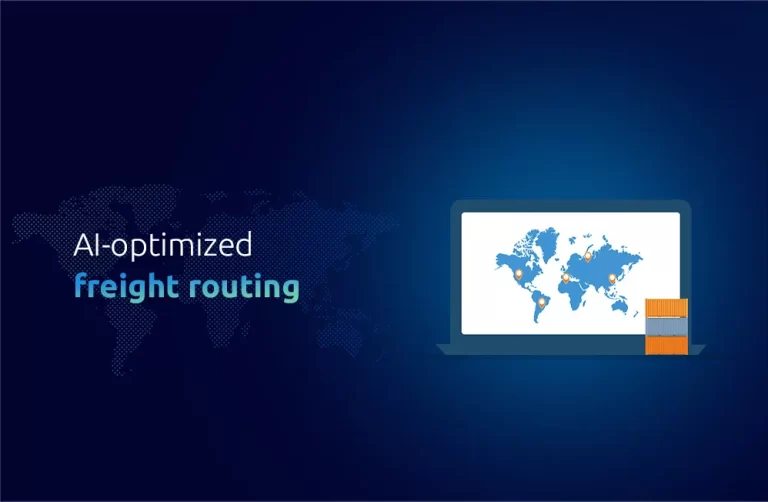Insight
Emerging demand and importance for an efficient, safe, and on-time delivery of sensitive cargo have fueled the emergence of advanced real-time cargo tracking systems. Those delivering sensitive, high-value goods know that offering clear shipment tracking is vital to customer satisfaction when transporting sensitive, high-value goods. These services help the flow of goods, from medicines and equipment used in medical treatment to aircraft parts to IT systems and the parts of those systems that power them, to equipment for cars, to continue without disruption.
What Is Real-Time Cargo Tracking?
Real-time cargo tracking is tracking a shipment’s precise whereabouts and status using modern tracking technologies such as GPS, RFID, and IoT-enabled sensors. Whether they are moving in cars, ships, or planes, real-time cargo tracking systems offer live tracking details that enable businesses to keep track of the shipments every second. Real-time tracking provides companies with a clear sight line to safeguard delivery times and the secure delivery of their goods, avoiding downtime and cost via damage.
Why do you need real-time tracking of the goods?
The biggest advantage of instant cargo tracking is better visibility. Having certainty about the precise location of goods at any time allows businesses to plan well and act immediately should they need to adjust to any unexpected hiccups. Such things can be weather, traffic, or even customs delays. These systems deliver real-time updates, taking the ambiguity out of the equation and mitigating the incidence of errors and other unintended consequences such that the products are received precisely as anticipated and on time.
Real-time tracking also builds trust between businesses and their customers. As industries handle sensitive, expensive equipment, the stakes are high. A real-time tracking solution assures clients that their equipment is in capable hands and that any potential issues can be detected and mitigated quickly.
Also, by using tracking systems, companies become more efficient. VT is processed in real-time to provide insights into logistic patterns, such as delivery timings, latency, and possible redundancy. We can then use this data to optimize future processes and do business better and at a lower cost.
The Role of Technology in Real-Time Tracking
State-of-the-art technologies are the key to the real-time tracing of goods. GPS is used for live reporting of a cargo’s location and tracking the freight along the journey. There are also other advantages to IoT devices, such as cargo condition monitoring. For instance, equipment sensitive to temperature can be followed to ensure it’s kept between the ideal temperature conditions. At the same time, shock sensors can notify of possible impacts or rough handling.
RFID tags are commonly used for real-time tracking as well. It’s an affordable little thing that can be quickly connected to shipments, and it enables scanning and tracking without your goods needing to stop every time they pass a checkpoint. This tech, along with its attendant cloud software platforms, means that companies can access real-time data from anywhere at any time, facilitate better decision-making, and decrease the chances of financial errors.
How Real-Time Cargo Tracking Improves Security
When transporting high-value goods, security must be considered first & foremost. Be it theft or damage on the road, you need to guarantee that your goods are safe. The real-time tracking of cargo is an important aspect of security as it enables companies to monitor their shipments closely. As information is updated in real-time, businesses can closely monitor potential risks while taking immediate corrective action if problems emerge. For example, suppose a delivery is stuck in transit or does not follow its planned journey.
Some companies can then alert drivers or logistics to get it back on course. Some real-time tracking systems also provide security elements such as geo-fencing, allowing users to set up virtual barriers around an area. But if the shipment exceeds it, the system will sound the alarm and help stop the possible theft or side-loading of the cargo.
Real-Time Tracking of Cargoes: Problems and Solutions
However, there are challenges with real-time cargo tracking systems despite the benefits. Connectivity is listed as one of the main issues. Although GPS receivers and RFID tags can function properly in urban areas, they may face challenges in blind zones without signals. This can lead to holes in tracking data and give businesses who want always-on visibility something to fret about.
Another hurdle is incorporating tracking systems in current supply chain management activities. Real-time tracking can require substantial capital investment in hardware and software, especially for companies new to employing such advanced technologies. Yet, the advantages of these systems, more efficient operations, decreased risk, and increased customer satisfaction, far outweigh the cost of implementation.
Logistics providers specializing in enhanced visibility can help landowners overcome these challenges and position themselves to run their operations more efficiently. With ongoing developments in technology and infrastructure, implementing real-time tracking in businesses globally is set to be easier and more affordable than ever before.
Conclusion
Real-time cargo monitoring solutions are changing how companies manage their cargo, protecting valuable and sensitive equipment as it finds its way to companies on time and in top condition. By combining GPS, RFID, and IoT, businesses can better access visibility, security, and operational capabilities. With the growth of the international logistics industry, there will be increasing demand for real-time tracking solutions. At One Union Solutions, we dedicate ourselves to assisting businesses in adopting the best, state-of-the-art tracking solutions for the smooth, secure, and efficient delivery of sensitive equipment.
Did You Know,
According to recent news, the logistics industry in Ghana is growing briskly at more than 20% per year. The increase, in part, is the outcome of increased use of high-tech tracking to watch the flow of high-dollar items as they move through the country.
FAQs
What is real-time cargo tracking, and why does it matter?
Live cargo tracking offers companies transparency on shipment location and status the minute. This system will result in efficient movement, enhanced safety, and protect corporations from negligence.
How can delivery security be enhanced with real-time cargo tracking?
Tracking in real-time increases your security by allowing visual oversight throughout the carriage process. Companies can rapidly recognize departures, delays, or risks and intervene to protect their goods.
What are some of the difficulties associated with tracking freight in transit?
Challenges involve connectivity problems in remote areas and incorporating tracking systems into the workflow. Yet these difficulties are being overcome as technology and infrastructure continue to evolve.
How does the GPS and RFID technology work in the real-time tracking of cargo?
GPS enables real-time cargo mapping, and RFID facilitates easy scanning and tracking through checkpoints. These two technologies complement each other to deliver complete monitoring solutions.
What advantages does real-time cargo tracking bring to my business?
On-time delivery, Reduced operational risk, greater customer satisfaction, and enhanced visibility into your supply chain mean better decision-making and increased efficiency.

